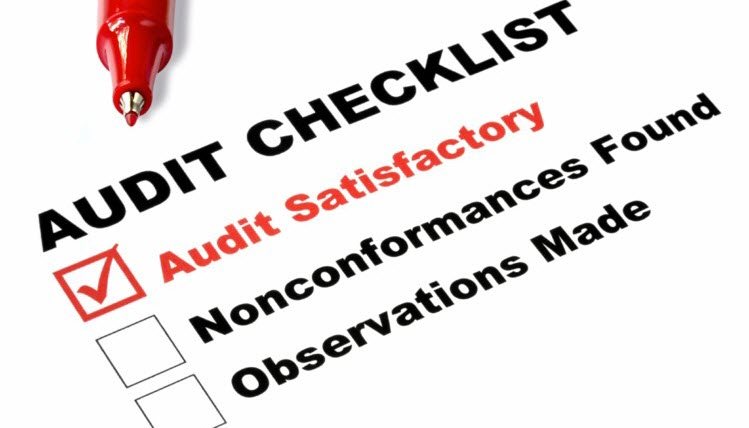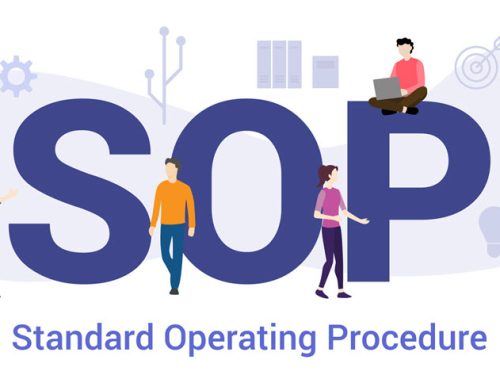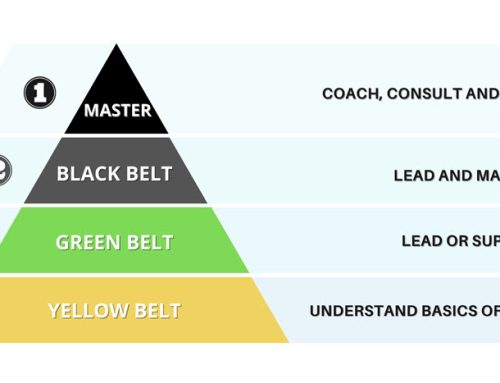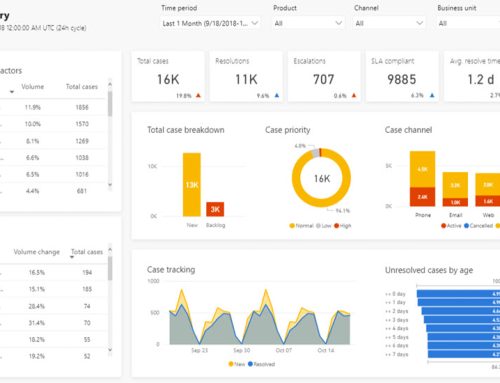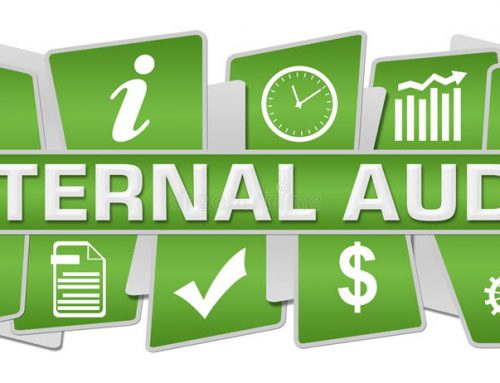Some suppliers react negatively when a supplier audit is requested by one of their customers. A supplier audit could evolve around compliance if fire doors installed in a building to controls in place when manufacturing a mobile phone. You may hear a supplier say something as “we do not need them” or “we have our own particular quality control staff”.
Well it is difficult to blame them. They are essentially being requested to allow an outsider to come into their office and check their work. There will always be a few suppliers who feel they are being subjected to unfair scrutiny for investigation from an outsider. Be that as it may, normally, all the importer needs is an additional arrangement of eyes to ensure it meets requirements before dispatching.
So how might you comfort your supplier with the auditing process? Outstanding among other courses is to disclose to them how the supplier audit can be useful for them and enhance the relationship they have with you. In light of that, here are three advantages of supplier audits.
Improved Product Quality Through Supplier Audit
A standout among the most imperative advantages of auditing your suppliers is the proactive approach on compliance and quality control. Often the supplier audit uncovers an item defect that is effortlessly preventable. Despite whether the defect is major, minor or very critical, thinking about it before delivery enables the supplier to address the main problem to revise the issue. Consider ordering a pair of earphones given out on airline flights. The earphones may look good, yet the audit uncovers a gluing process which is not controlled properly, as a result numerous of the headphone have glue on the speaker affecting the sound when using them. This allows the supplier to rectify the issue and ensure the part shipped are to the right quality.
Improved Relationships with Customers
While considering the benefits of using supplier audits, enhancing the relationship you have with your provider should be close to the highest priority on the rundown. An importer that does not have any outside oversight into the status and condition of their order, cannot make certain what they’ve paid for until the point when they really get the finished goods. Additionally, the supplier cannot get any feedback from their client on the goods until the point when the client sees them. What’s more, a contrast between what the supplier and the importer believe is the fundamental reasons why the relation between the two parties can go bad.
Preventing a Mismatch of Product Expectations
Let’s go back to the earphones example from earlier. Perhaps factory staff discovered the gluing issue on the production line during a visual inspection. Yet, maybe they do not understand effect on the speaker is an issue you cannot accept.
Presently your level of transparency is constrained. You may have a well-developed QC inspection checklist, yet it does exclude potential imperfections you didn’t know about beforehand. The supplier end-up sending you the finished earphones without knowing there’s an issue with them. What’s more, your relation with your supplier endures due to a disagreement on the requirements.
Less Disruption Than from Direct Inspection by the Client
As customer, it is normally helpful to visit your supplier and, if conceivable, the processing plant that will be fabricating your item. This is an incredible method to become acquainted with the people you’ll be dealing with and to start that relationship on level footing. Be that as it may, understand that visiting a processing plant can be a problem. At the point when there is a last review being performed on your earphones, for instance, most of the goods will probably be done and packed in suppliers containers. To review the goods, factory staff should be assigned to opening containers and re-packing them after proper inspection. Along these lines, resources that may be utilized somewhere else in the processing plant for production should be diverted to assist with the inspection.
Conclusion
Despite the fact that suppliers are once in a while opposed to second-party inspection, there are numerous ways that they can profit by allowing inspection in the manufacturing plant. Your item quality and their production procedures can both be enhanced by inspection. In the event that your supplier is striving to meet your desires as well as can be expected, it doesn’t make sense oppose inspection.
So in case you’re working with a supplier that is hesitant to enable an outsider to audit, remind them these three fundamental advantages. Any sensible provider should have the capacity to value the esteem you both can get from conducting the supplier audit.

